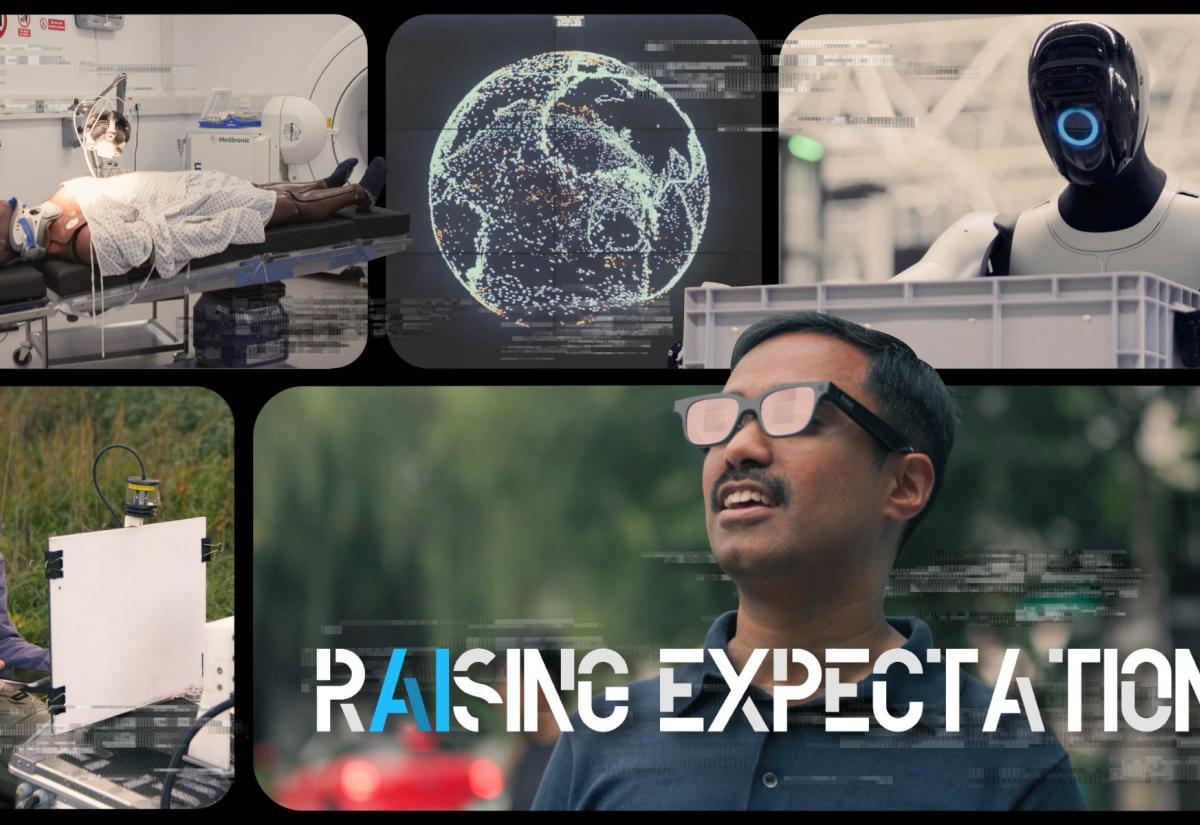Our MPP students are currently in the midst of an intensive two-day simulation of international climate negotiations. For the past week, they have been preparing to hold a simulated “20th Session of the Conference of the Parties to the United Nations Framework Convention on Climate Change,” or COP20, as the Conference is more commonly known. The real world event will take place in Lima, Peru in December this year. Among a number of issues to cover at the meeting, countries will be working towards drafting a new climate treaty that will keep the UN climate process on track.
The simulation will focus exclusively on efforts to reach the 2015 agreement, a process known as the Ad Hoc Durban Platform on Enhanced Action (or ADP). The students have been assigned their home country or another actor to represent in the negotiations. They will be expected to have researched well their strategic interests in the role they are playing, and will need to apply their full range of political savvy and practical skills to obtain an outcome that best serves those interests.
Postdoctoral researcher, Dr Tom Hale, who designed the simulation explained: “The simulation is part of the practice-focused aspect of the MPP. Our students study theories of policymaking, and are trained in practical skills as well. With this simulation they have a chance to put both their theories and their skills into action.”
The simulation aims to give students an opportunity to apply the practical skills and policymaking strategies they have studied so far in the course. These include:
- Strategic thinking
- Bargaining, persuasion and mediation
- Teamwork
- Public speaking
- Coalition-building
- Navigating the interface between science and policy
- Connecting academic material to national contexts
Tom is in no doubt of the scale of the challenge he has set our students with this task.
“Climate change is one of the toughest policy challenges we face. Countries have been negotiating for 22 years, and have yet to find a solution,” he said. “But I’m looking forward to seeing what our students can come up with in two days. As a close observer of the international process, I’ll be looking to see if any of the tactics, strategies, proposals or other ideas generated in the simulation may help point the way toward a more successful agreement in Lima.”
Students have already had a preparatory session with outside experts who shared their insights and experiences of complex international negotiations. Participating in the prep session were: Peter Betts, Director of International Climate Change at the Department of Energy and Climate Change (DECC), UK; EU Lead Negotiator on the Convention track of the UNFCCC negotiations; Nick Mabey, Chief Executive, E3G; MJ Mace, Lecturer, School of Oriental and African Studies; Advisor, Alliance of Small Island States; Peter Mather, Group Regional Vice President, Europe and Head of Country, UK, BP plc; and Malini Mehra, Founder and CEO, Centre for Social Markets. Following the simulation, students will also have a final debriefing session, in which they will be joined by Sir David King, the UK’s Special Envoy for Climate Change.
“I’m extremely grateful that a number of leading experts from government, civil society and the private sector are offering their time to help us through these questions,” said Tom. “It will no doubt lead to a much richer experience for all the students involved.”



